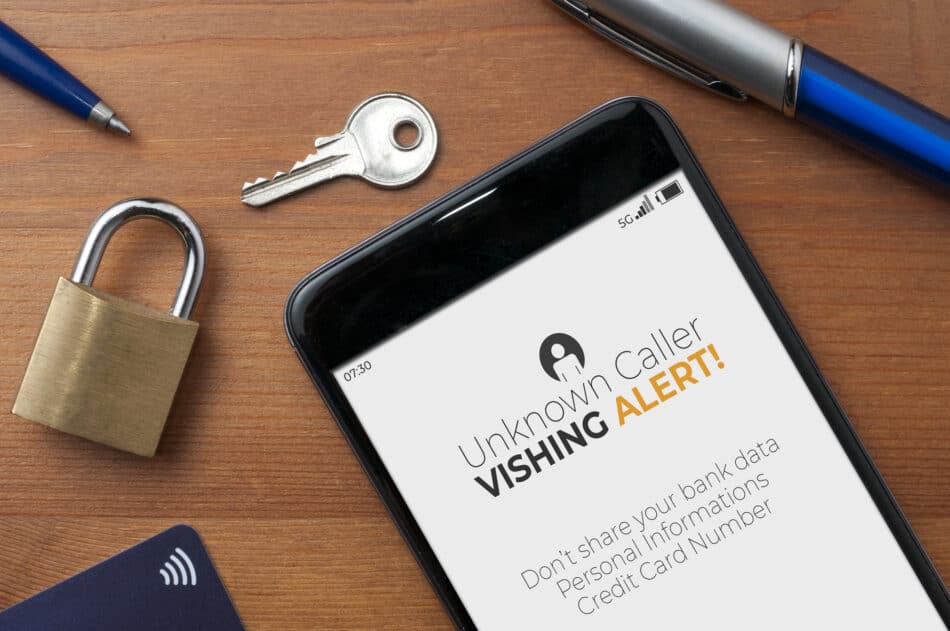Vishing - How do I protect myself against it?
Vishing Scams: The Sneaky Telephone Trickery You Need to watch out for
While phones have evolved from corded landlines to sleek smartphones, one thing hasn’t changed – scammers are still using them to try and steal from innocent people. This devious tactic is called vishing, and it’s been going strong for over 30 years.
What exactly is vishing? It’s when a scammer calls you up pretending to be from a company or organization you trust. They’ll try to sweet-talk you into sharing sensitive information like credit card numbers, social security details, or account passwords. Their goal? To drain your bank accounts, steal your identity, or unleash other malicious mayhem.
You might be thinking “But wait, isn’t that just phishing over the phone?” Close, but not quite. Phishing is the umbrella term for any scam that uses fraudulent emails, texts, or websites to swipe your data. Vishing specifically uses phone calls or voice messages as the attack vector.

What is Vishing?
There are lots of vishing versions out there targeting different types of info. Some of the most common go after financial data and government IDs. The scammers use tactics like auto-dialing billions of numbers, hoping to snag a few gullible victims amidst the masses who (wisely) hang up.
So how can you steer clear of these vicious vishing schemes? It’s actually pretty simple – never give out personal details over the phone to an unknown caller, no matter how legitimate they may sound. If it seems legit, hang up and call the company’s official number to double check. A real business won’t demand you blurt out your private info to a random caller.
The key is to stay skeptical anytime your phone rings with a voice requesting sensitive data. Don’t get reeled in by these phishing phonies! With a bit of vigilance, you can avoid their sneaky telephone trickery and keep your valuable information safe and secure.
